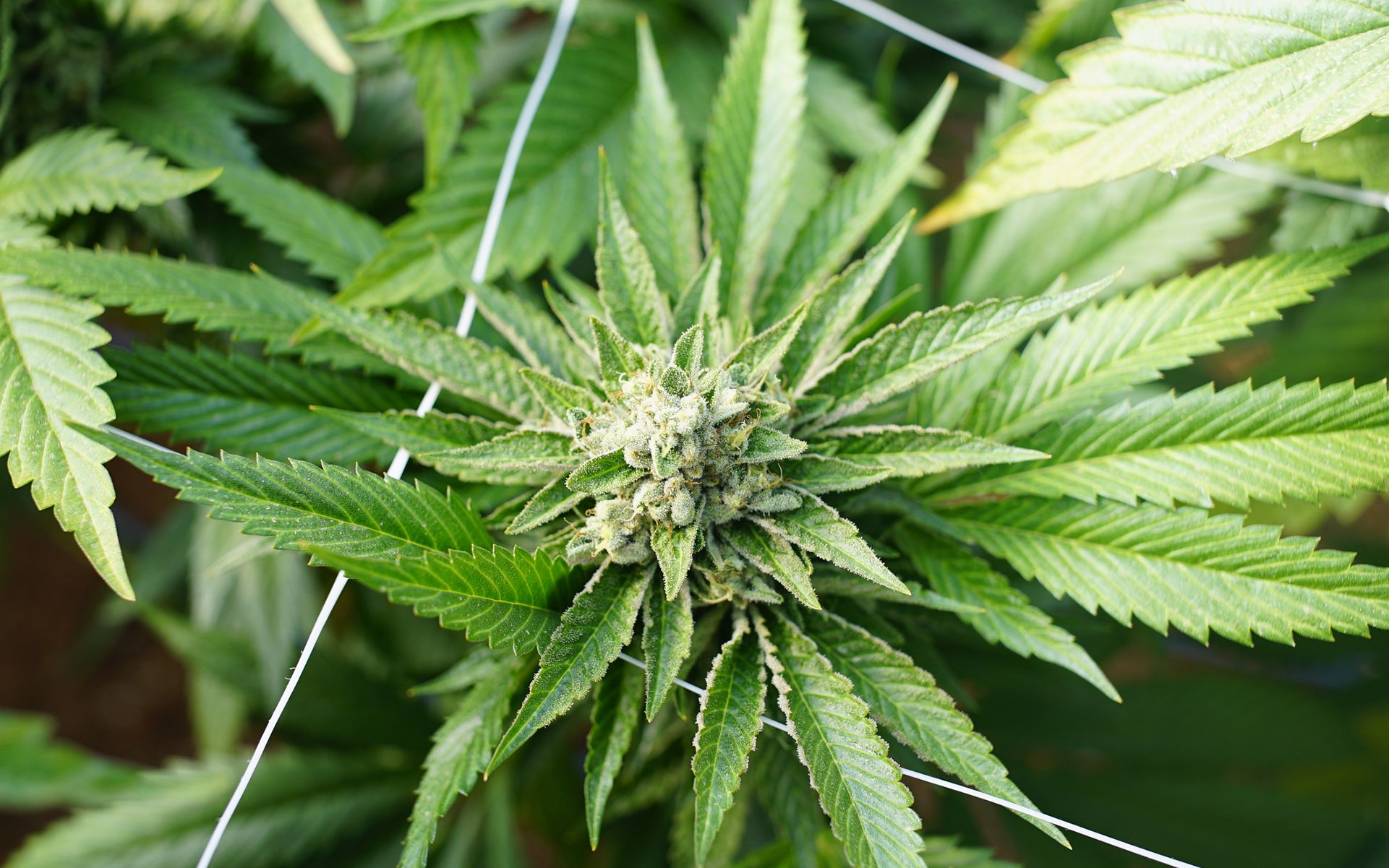
Background
Several studies suggest that U.S. state-level legalization of cannabis for medical purposes may be associated with reductions in opioid use; yet its relationship with stimulant use, particularly in high-risk populations like unstably housed women, has received less attention. The purpose of this study was to estimate independent associations between medical and non-medical use of cannabis and use of stimulants and opioids among unstably housed women.
Methods
Cross-sectional data were analyzed from 245 women in the SHADOW study, a community based cohort in San Francisco, CA, in which HIV+ women were oversampled (126 HIV+ and 119 HIV-).
Results
Compared to no cannabis use in the past 6 months (51%), non-medical cannabis use (28%) was associated with a higher adjusted odds of using stimulants (Adjusted Odds Ratio [AOR] = 4.34, 95% confidence interval [CI]: 2.17–8.70) and opioids (AOR = 3.81, 95% CI: 1.78–8.15). Compared to no cannabis use, medical cannabis use (21%) was not significantly associated with stimulant or opioid use. Compared to non-medical cannabis use, however, medical cannabis use was associated with lower adjusted odds of using stimulants (AOR = 0.42, 95% CI: 0.18–0.96). These associations were not modified by HIV status.
Conclusions
Associations between use of cannabis and “street drugs” depend on whether the cannabis is obtained through a medical context. Interventions, research, and policy considering the influence of cannabis on the use of other drugs may benefit by distinguishing between medical and non-medical cannabis use.
Full stduy here.
Hi! I am a robot. I just upvoted you! I found similar content that readers might be interested in:
http://www.weedworldmagazine.org/2017/12/12/medical-cannabis-opioids-stimulant-unstable-housed-women/
Downvoting a post can decrease pending rewards and make it less visible. Common reasons:
Submit